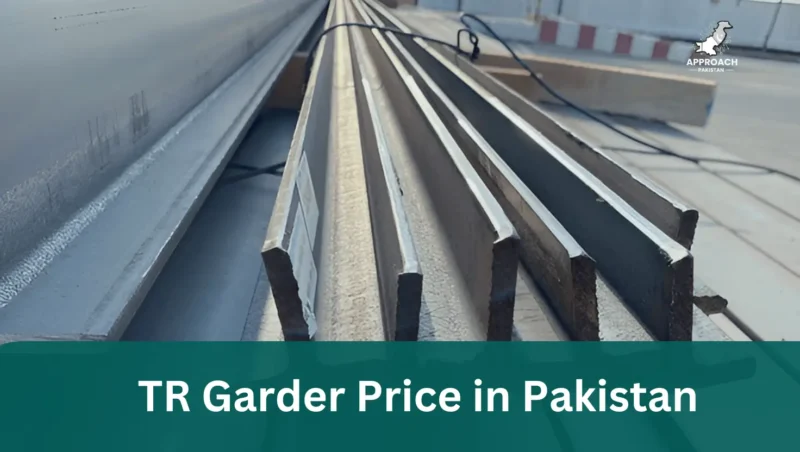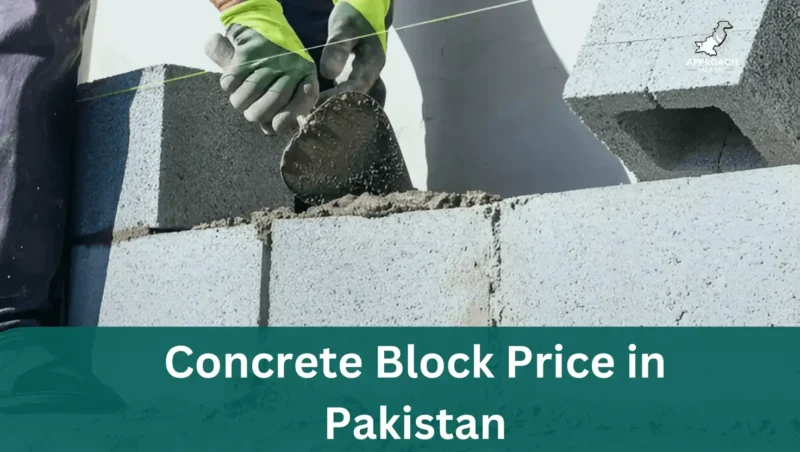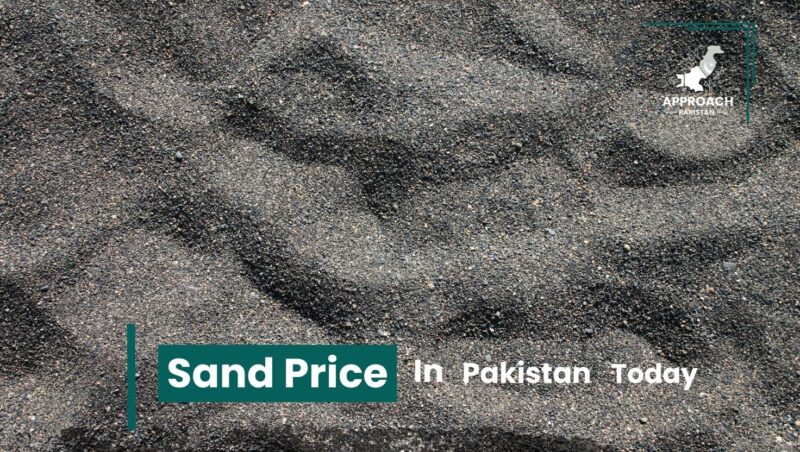Bajri (Crush) Rate in Pakistan Today – Updated February 2026
Understanding the Crush Price in Pakistan is crucial for anyone involved in construction projects, whether for residential plots or commercial plots. The bajri/crush market plays an important role in the country’s infrastructure development, as it is a key construction material used in making concrete, forming a drainage layer, and more. Prices typically range from 120 to 140 PKR per cubic foot, but these rates can fluctuate due to factors like supply and demand, transportation costs, and government policies.
The average bajri rate is influenced by these dynamics, making it essential to stay informed about the latest trends and updates. When planning a project, considering these elements can help make an informed decision about the right time to purchase materials.
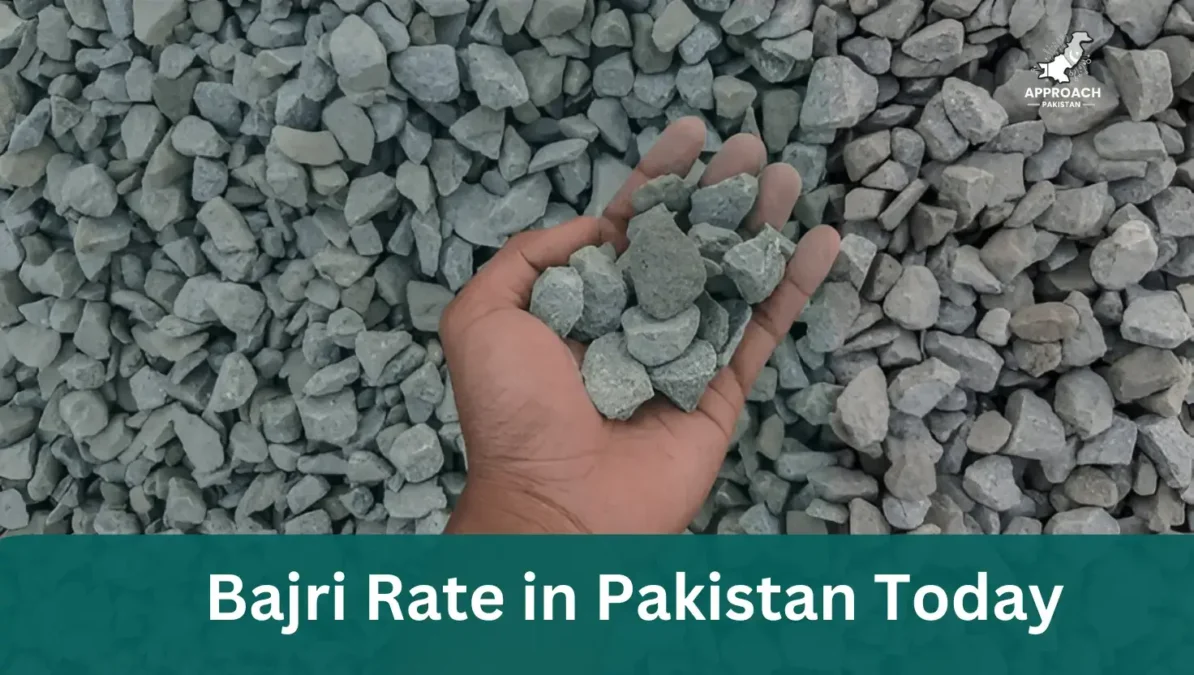
The quality of crushed stone and its grading are also vital considerations, as they affect the durability and stability of structures. With the increasing demand for construction due to urban expansion, there is a noticeable price variation in the market. It’s important to regularly check for updated rates to ensure cost-effective purchasing. From personal experience, I’ve found that understanding these nuances not only aids in budgeting but also ensures that materials meet the necessary standards for both small and large-scale projects. Whether you’re working on a new road or a housing development, being aware of the current Marble Price can significantly impact your project’s success.
Latest Crush & Bajri Rate List: Market Analysis February 2026
Critical information
When considering the crush price in Pakistan, it’s important to understand how different factors affect these rates. The availability of crush in various locations greatly impacts the price. For instance, areas with limited supply often see higher prices due to increased transport fares. Additionally, the quality of the crush, such as high-quality bajri, can cause prices to vary. The production process also plays a role, as more refined processes typically result in higher costs. While we are not involved in selling, our aim is to provide valuable information about these rates through our website.
Crush Cost Calculator
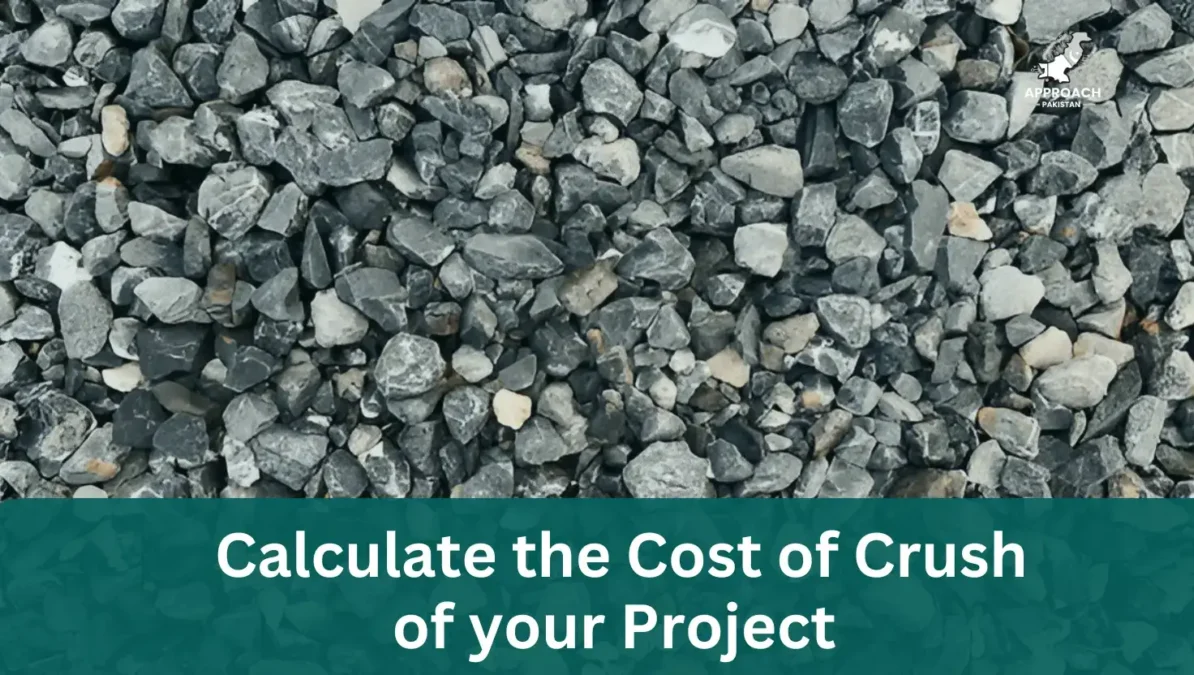
Crushed Stone Calculator
* Important information:
- Calculations include 5% extra for compaction
- Standard truck capacity: 200 cubic feet
- Weight calculations based on stone density
- Margalla: heaviest, best quality
- Sargodha: medium weight, good quality
- Transportation costs not included
Important Note Regarding Crush Price in Pakistan
Nowadays, crush is crucial for many construction activities, including road making, street making, and creating the basement or base structure of any building. It is an essential component in the construction of structures like PRC, where it is often mixed with materials such as sand and cement to enhance the overall strength of a building. Reflecting on the old times in Pakistan, traditional materials like TR and Iron gardar were commonly used for roofs. However, over the passage of time, there has been a shift towards using modern materials like the PRC mixture, which includes steel rods known as saria, offering improved durability and structural integrity.
Factors Affecting Bajri Rates in Pakistan
The crush price in Pakistan is influenced by various elements that can cause prices to fluctuate. As someone who has observed the construction industry closely, I’ve noticed how these factors interplay to affect the market. The availability of materials like bajr and bajri plays a crucial role, with demand often driving prices higher. Additionally, the cost of raw materials such as rock, sand, and gravel is significant. These materials are essential in construction, and any changes in their supply can lead to price variations. , including updates in Tuff Tile Price for paving and flooring solutions. The extraction and production processes also add to the overall expenses, particularly when local regulations and environmental protection measures are involved.
- Transportation: The cost of moving materials from remote sites can significantly increase prices, especially in less accessible areas.
- Supply and Demand: High demand during peak construction periods leads to higher prices, while lower demand can result in reduced costs.
- Local Regulations: Compliance with local laws and environmental regulations can add additional expenses to the production process.
- Material Costs: Fluctuations in the prices of raw materials like cement, sand, and gravel affect overall costs.
- Industry Changes: Shifts in the construction industry, such as new trends or technologies, can influence the cost structure.
- Mining and Extraction: The process of extracting raw materials involves various costs that impact the final price of crush.
Regional Price Variations
The crush price in Pakistan is influenced by various factors that lead to differences in pricing across different regions. In bustling cities like Karachi and Hyderabad, the high demand for bajri due to intense construction activity often results in elevated prices. This is in contrast to places like Lahore, Faisalabad, and Gujranwala, where prices tend to be slightly lower. The costs associated with transporting bajri also play a significant role. For instance, in Peshawar, rough roads complicate transport, causing higher prices, while cities like Islamabad and Rawalpindi benefit from better-maintained road infrastructure, leading to more moderate pricing.
- Geographical and Logistical Challenges: The impact of geographical features and logistical issues can complicate transportation, affecting prices.
- Local Demand and Supply: In busy cities, high demand drives up prices, while areas with lower demand might see reduced costs.
- Infrastructure Quality: Better-maintained roads in some regions help keep transportation costs lower, influencing the final price.
- Environmental and Mining Regulations: Strict regulations can increase operational costs, impacting the pricing of bajri.
- Distance from Production Units: Longer distances from production sites can lead to higher transportation costs.
- Construction Methods and Activity Levels: Different construction techniques and levels of activity in various cities influence regional price variations.
Advantages of Using Crush
The crush price in Pakistan can vary based on several factors, but the benefits of using crush in construction are significant. As someone with experience in the field, I have seen how crush provides a reliable base for various projects, offering unmatched stability and strength. This material is known for its ability to bear heavy loads, making it an ideal choice for building strong and durable structures. When compared to other materials, crush is often more cost-effective, which is crucial in large-scale construction projects.
- Durability and Strength: Crush increases the durability of structures, providing resistance to wear and tear, which enhances the overall lifespan of buildings.
- Stability and Load-Bearing: It creates a stable foundation that supports heavy loads without settling or shifting, ensuring long-term structural integrity.
- Cost-Effectiveness: Using crush is often less expensive than other materials, making it a smart financial decision for many construction projects.
- Drainage and Flood Prevention: The use of crush as a drainage layer helps prevent water pooling and potential flooding, protecting the structure from water damage.
- Environmental Benefits: As a naturally occurring material, crush is a harder matter on earth, contributing to sustainable building practices by reducing reliance on synthetic materials.
Disadvantages of Using Crush
In Pakistan, the price of Crush bajri is a significant factor in construction projects. While it offers certain advantages over traditional materials like mud, there are notable drawbacks to consider. The process of bajri mining has several Environmental and Health concerns. Here are some key disadvantages:
- Pollution from mining activities can harm local ecosystems and contribute to air and water quality issues.
- Handling crush can lead to damage and even produce cuts, posing a risk to workers’ safety.
- The material is often more expensive than alternatives, impacting project budgets.
- Improper storage can result in moisture absorption, which may weaken the material over time.
To address these challenges, it’s important to implement preventive measures. Workers should wear protective gear like gloves and hard-soled shoes to minimize risks. Ensuring that crush is stored properly can help maintain its integrity and prevent potential problems. By focusing on these strategies, the negative impacts can be reduced, making construction with crush safer and more efficient.
Tips of purchasing
When buying Bajri for construction projects in Pakistan, there are several important factors to consider to ensure you get the best value. Drawing from my personal experience, I’ve found that understanding these key aspects can significantly impact your purchasing decisions:
- Quality and grade: Always perform a thorough inspection to ensure the Bajri meets the specific requirements of your project. Look for a uniform size and minimal impurities to maintain the integrity of your construction work.
- Consider buying in bulk to take advantage of potential discounts and savings, especially for large projects. This approach not only reduces the overall cost but also ensures a steady supply of materials.
- Choose suppliers with a strong reputation and proven trustworthiness. It’s crucial to source from those who provide genuine, high-quality materials. Local dealers might offer better rates due to reduced transportation costs, benefiting both your budget and the local economy.
- Compare the current market prices and rates across different regions. This helps you understand the pricing dynamics and make informed decisions.
- Evaluate all contributing factors, including the reliability of your chosen sources, ensuring they meet your project’s specific needs. For landscaping and outdoor aesthetics, consider checking Artificial Grass options to enhance durability and visual appeal.
Preventive Measures
To ensure safety and efficiency on construction sites, it’s important to follow these preventive measures :
- Wear gloves to protect your hands from potential injury while working on the grounds.
- Equip yourself with hard-soled shoes to navigate the challenging terrain safely.
- Pay close attention to your surroundings to prevent accidents.
- Lift materials carefully to avoid strain or harm.
- Properly store materials away from garbage and mud to maintain a clean and organized site.
Conclusion
The crush price in Pakistan is influenced by several factors, including demand and supply dynamics, fuel prices, and government policies such as taxes. The geographic location affects transportation costs, impacting overall prices. When purchasing bajri, conducting a thorough inspection for quality and proper grading is crucial. Opting for bulk buying from reputable suppliers and considering local sourcing can help manage costs effectively.
Making informed decisions involves careful comparing of options, considering the unit measurement, and understanding its impact on total costs. Employing various tips, such as selecting suppliers with a strong reputation and factoring in geographic influences, can ensure a cost-efficient purchase that meets your needs.

